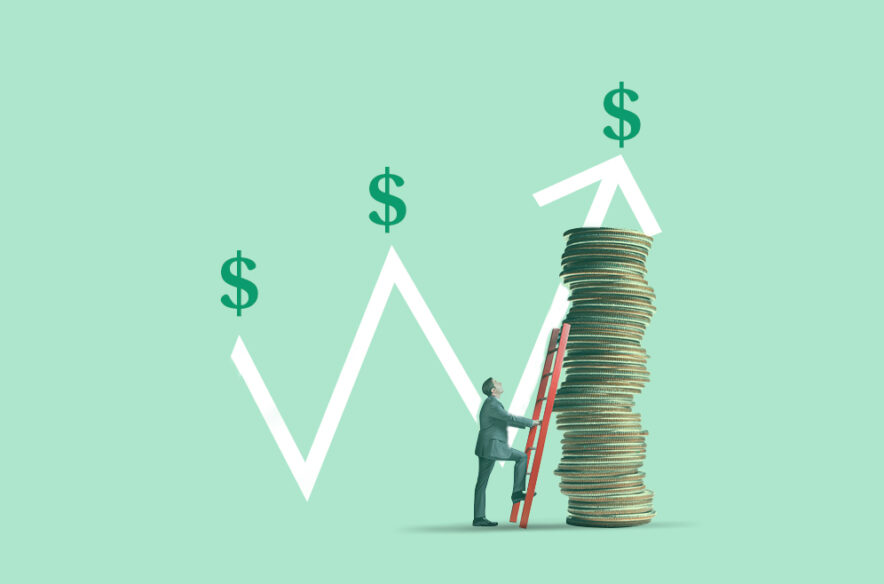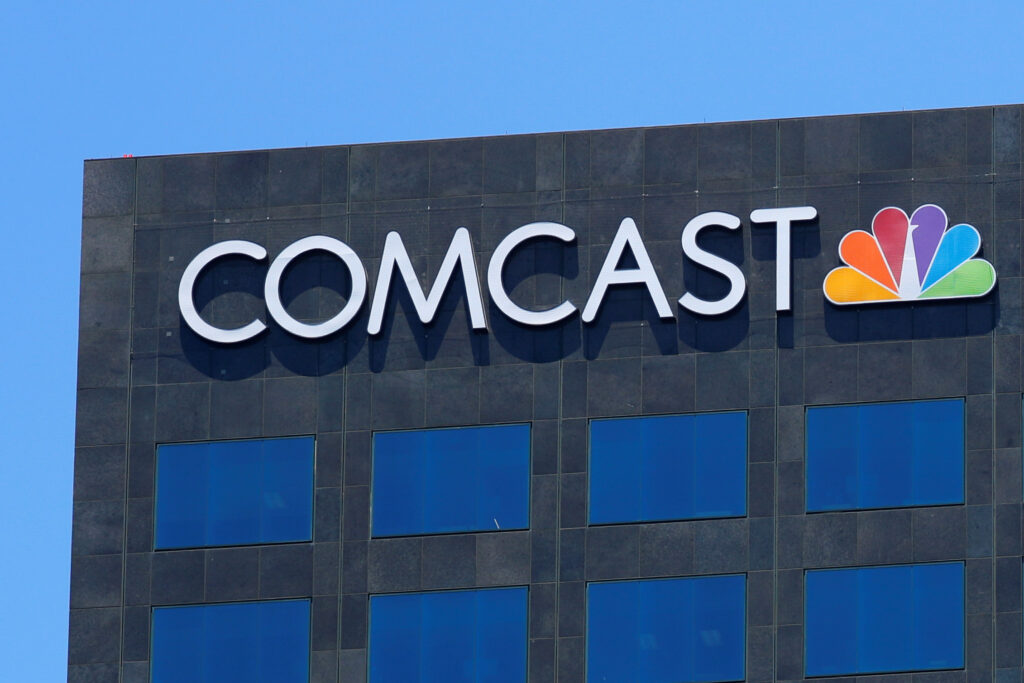A recent survey conducted by the New York Federal Reserve unveiled a notable uptick in consumers’ expectations for inflation, both in the short and long terms. Released on Monday, the survey underscores growing concerns among respondents regarding escalating inflationary trends, particularly in housing costs, fuel, and energy prices.
The survey, part of the monthly Survey of Consumer Expectations conducted by the New York Fed, reveals a pronounced shift in consumer sentiment across various time horizons. Notably, respondents expressed skepticism regarding the Federal Reserve’s ability to achieve its 2% inflation target in the foreseeable future.
In the short term, consumers anticipate a substantial uptick in inflation, with expectations for the coming year reaching 3.3%, marking a 0.3 percentage point increase from the previous month and the highest level since November 2023. Meanwhile, the five-year inflation outlook also experienced an upward trajectory, rising to 2.8%, an increase of 0.2 percentage points. However, the three-year horizon witnessed a marginal decline, settling at 2.8%, down by 0.1 percentage point.
These findings echo the sentiment reflected in the University of Michigan sentiment survey released earlier, which similarly indicated an upward trend in inflation expectations. The divergence from the Federal Reserve’s 2% target underscores the persistent challenges posed by inflation, following a period of disinflationary trends observed in 2023.
Inflationary pressures are anticipated to emanate from various sectors, with housing prices emerging as a particularly concerning factor for policymakers. Despite earlier expectations of a moderation in shelter costs, respondents foresee continued growth in median home prices, projecting a 3.3% increase over the next year. Similarly, rental costs are expected to surge by 9.1%, reflecting a 0.4 percentage point increase from the previous month.
Amidst these inflationary concerns, the Federal Reserve remains vigilant, with policymakers reiterating their stance on maintaining interest rates until compelling evidence of inflation returning to the 2% target is observed. Fed Vice Chair Philip Jefferson emphasized the need for further evidence before considering adjustments to monetary policy.
Beyond housing, consumers anticipate price hikes across various essential commodities, including medical care (8.7%), food (5.3%), gasoline (4.8%), and college education (9%). Additionally, employment expectations exhibit a mixed outlook, with concerns over rising unemployment juxtaposed against a decline in the perceived probability of job loss. However, the mobility outlook dampens, with fewer respondents expressing confidence in finding employment swiftly after job loss.
The release of the survey precedes the highly anticipated Labor Department report on the consumer price index, slated for Wednesday. Economists anticipate the CPI to reflect a 3.4% increase for April compared to the previous year, with core inflation, excluding food and energy, projected to reach 3.6%.
As consumers grapple with heightened inflationary pressures, policymakers face mounting challenges in navigating the economic landscape. The New York Fed’s survey serves as a crucial barometer of consumer sentiment, shedding light on the evolving dynamics of inflation and its implications for the broader economy.




